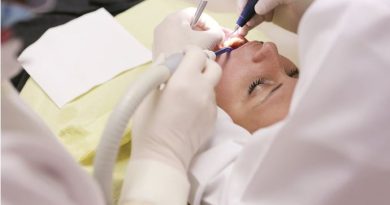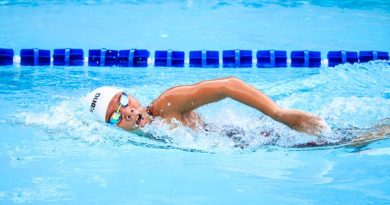The Most Common Eating Problems For Elderly People
As a person gets older as much as, essentially, they are the same person with the same needs, wants and desires, some elements of their life tend to change, one of these being the person’s eating habits and appetite.
With this in mind, continue reading to learn of the most common eating problems for elderly people and how to combat them.
Reduced Level & Depth Of Taste
One of the more regularly occurring issues relating to eating and drinking in older adults is a generally reduced capacity to taste different flavors and foodstuffs.
Usually, this lack of the sense of taste is caused by the simple and normal general deterioration of an individual’s taste buds and ensuring optimum oral hygiene, including brushing and flossing one’s teeth at least twice a day, can make a real difference.
Furthermore, it is also helpful to chew food more thoroughly and for longer and to add spices, herbs and other flavor enhancers to every meal.
Dysphagia
Another more common eventuality concerning the consumption of food and problems associated with eating in elderly people is the development of dysphagia.
Dysphagia is essentially when a person has problems with chewing, swallowing or both actions and one of the main ways to combat this is to invest in a quality yet affordable food thickening agent, such as SimplyThick, at the same time as making changes to daily diet.
Dry Mouth
The primary cause for the feeling and existence of dry mouth is due to a reduction in the production of saliva in the mouth.
One of the best ways to counteract symptoms of dry mouth is to try and drink as much water, flavored water and basically any other fluids you can throughout the day.
Additionally, it is best to incorporate moist foods into one’s diet, such as baked beans, mashed potato, mince and stew, prepare meals with sauces, clear soups or gravies and to drink a small glass of cold water before and after every meal.
General Lack Of Appetite
As a person gets older, it is widely known that their appetite decreases, and they seem to become fuller after less and less food at mealtimes.
However, if an elderly person seems to have almost entirely lost interest in the consumption of food, then there could well be an underlying issue involved, such as an unwanted side-effect of prescription drugs, ill-fitting dentures, gastrointestinal discomfort or another illness. Additionally, as in people of all ages and from different backgrounds, a loss of appetite could also indicate low levels of emotional health and wellbeing.
Ways to counteract a persistent and sometimes even concerning, lack of appetite in older adults that are relatively simple to do include:
- Preparing dense soups which are rich in vitamins, minerals and other nutrients
- Eating little and often
- Using spices and herbs to tantalize the tastebuds
- Ensuring meals appear as aesthetically attractive as possible
- Never pressuring the individual to eat in company or under time constraints




